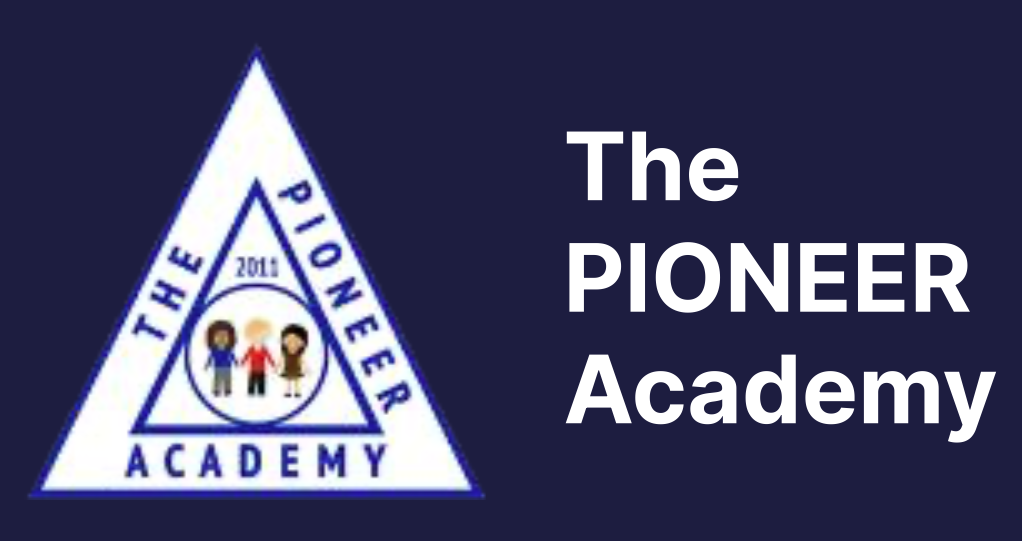At Broadmead Primary School, our music curriculum intends to inspire creativity, self-expression and encourages our children on their musical journeys as well as giving them opportunities to connect with others. We hope to foster a lifelong love of music by exposing them to diverse musical experiences and igniting a passion for music. By listening and responding to different musical styles, finding their voices as singers and performers and as composers, all will enable them to become confident, reflective musicians.
Music is taught by class teachers and we have a music room which is well resourced. Class teachers are able to access the music room following to enhance the teaching of music lessons.
The music curriculum ensures students sing, listen, play, perform and evaluate. The elements of music are taught in classroom lessons so that children can use the language of music to discuss it, and understand how it is made, played, appreciated and analysed. In the classroom students learn how to play various un-tuned and tuned percussion instruments. They also learn how to compose, focussing on different dimensions of music, which in turn feeds their understanding when listening, playing, or analysing music.
In teaching music we aim to:
- encourage children to sing with enthusiasm, free from inhibition, from an early age
- cultivate listening skills
- offer pupils an opportunity to develop strengths in all appropriate areas of musical expertise
- encourage children to work individually and to co-operate with others
- develop self confidence in all musical activity
- build on all social, cultural and spiritual development through music
- develop a love and understanding of music through active involvement in performing, composing, appraising and listening.
Performing skills
Children will be taught to sing a wide range of songs and to use their voices expressively. They will have the opportunity to play tuned and un-tuned instruments with increasing control and perform with others, with an awareness of audience.
Composing skills
Children will create musical patterns and will be shown how to explore, select and organise musical ideas. These will be recorded in a variety of ways, (e.g. pictorial score/formal notation, by means of a recorder, tape recorder or video).
Appraising skills
Children will be given the opportunity to explore and explain their own ideas and feelings about music, using music, dance, expressive language and musical vocabulary. They will analyse and compare sounds and will become more confident at suggesting improvements for their own work and that of others..
Listening and applying knowledge and understanding
Children will develop their ability to listen with concentration and to internalise and recall sounds with increasing aural memory. They will develop a growing awareness of all musical elements (including pitch, duration, pace, dynamics, texture, silence.) They will learn that time and place can influence the way music is created, performed and heard. They will learn that music is produced in different ways and is described through invented as well as standard notations.

